FreeState Justice files brief supporting hate crime conviction of Amazon employee who attacked co-worker
Conviction was overturned because district court ruled that discrimination in the workplace is "noneconomic"

FreeState Justice, Maryland’s top LGBTQ legal organization, has filed an amicus brief supporting the constitutionality of the conviction of an Amazon employee who assaulted his co-worker because of that man’s perceived sexual orientation.
In January, James William Hill III, of Chester, Va., was found guilty of violating the Matthew Shepard and James Byrd Jr. Hate Crimes Prevention Act for assaulting his co-worker, Curtis Tibbs, while the two were preparing packages for shipping at the Chester-based Amazon Fulfillment Center in May 2015.
Hill was initially charged with misdemeanor assault, but prosecutors attempted to add on bias enhancements, which mean he could have faced a maximum penalty of up to 10 years in prison.
Evidence presented at trial showed that Hill assaulted Tibbs because he believed the latter was gay.
Hill also admitted to both a manager and a police officer that he dislikes people who are gay and said that gay people should expect to be assaulted because of their sexual orientation.
But in May, the U.S. District Court for the Eastern District of Virginia reversed the jury conviction, ruling that the federal hate crimes law, which prosecutors had used to argue their case, didn’t apply to Hill’s conduct because “bias-motivated violence” is categorically “noneconomic.” That decision has been appealed to the 4th U.S. Circuit Court of Appeals.
FreeState Justice’s amicus brief explains that bias-motivated violence against the LGBTQ community is a pervasive national problem that not only affects LGBTQ people’s safety and well-being, but can also have problematic effects on the national economy.
The amicus brief also notes that violent discrimination, particularly in the case of Hill’s assault on Tibbs, is economic because it affects interstate commerce, both in the aggregate and for the parties involved. Hill’s specific assault was also economic because it literally interfered with ongoing interstate commerce.
As explained by the brief, the federal hate crimes law regulates economic conduct by providing protections for LGBTQ employees, which can in turn result in increased productivity and earning power. Convictions under the law for discriminatory workplace violence punish economic misconduct, as injuries suffered by victims drive them away from work and decrease economic productivity.
“As we know from our work with our clients and as the brief demonstrates, LGBT people, in large part because the systemic and sometimes physically violent discrimination they encounter at work, experience poverty at disproportionately high rates,” Jennifer Kent, managing attorney at FreeState Justice, said in a statement.
“FreeState was an integral part of making sure that sexual orientation and gender identity are included in Maryland state hate crimes law. Matthew Shepard’s and James Byrd, Jr.’s law extends that protection to LGBT people and other vulnerable communities in all fifty states,” added Kent. “The law carefully ensures that those who commit a hate crime in the workplace are held accountable; it was constitutionally applied here.”
“Bias-motivated violence affects not only the safety and well-being of LGBT people, but also our communities and national economy — particularly when it occurs in the workplace,” added Omar Gonzalez-Pagan, a senior attorney with Lambda Legal, which also signed on to the brief arguing that Hill’s conviction should be upheld as constitutional.
“Hate-motivated violence against the LGBTQ community is a serious national problem, and one that LGBTQ youth worry about and discuss with us every day,” Sam Brinton, the head of advocacy and government affairs for The Trevor Project, said in a statement. “If allowed to stand, the narrow and clearly inappropriate interpretation of the District Court in Virginia would effectively erase important and groundbreaking federal protections for LGBTQ people.”
Support Metro Weekly’s Journalism
These are challenging times for news organizations. And yet it’s crucial we stay active and provide vital resources and information to both our local readers and the world. So won’t you please take a moment and consider supporting Metro Weekly with a membership? For as little as $5 a month, you can help ensure Metro Weekly magazine and MetroWeekly.com remain free, viable resources as we provide the best, most diverse, culturally-resonant LGBTQ coverage in both the D.C. region and around the world. Memberships come with exclusive perks and discounts, your own personal digital delivery of each week’s magazine (and an archive), access to our Member's Lounge when it launches this fall, and exclusive members-only items like Metro Weekly Membership Mugs and Tote Bags! Check out all our membership levels here and please join us today!








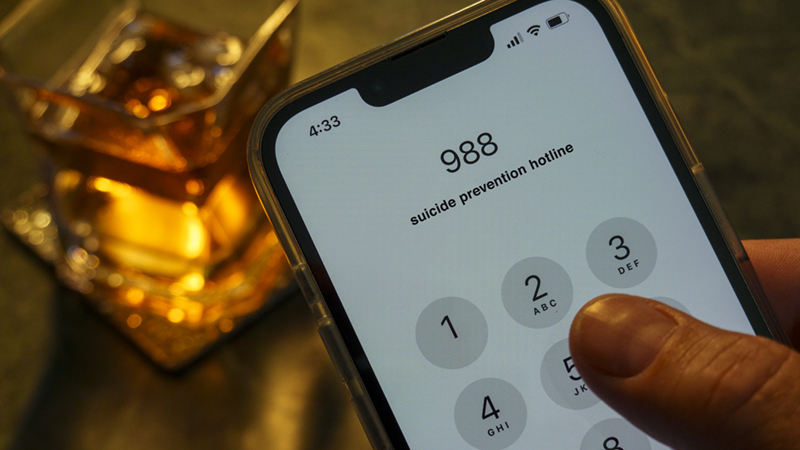
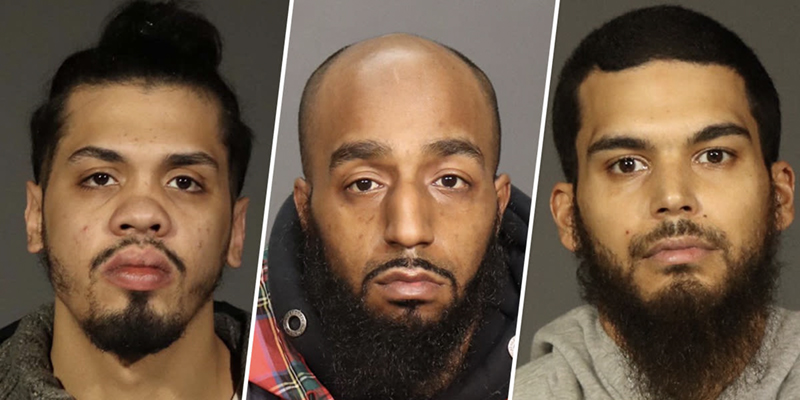
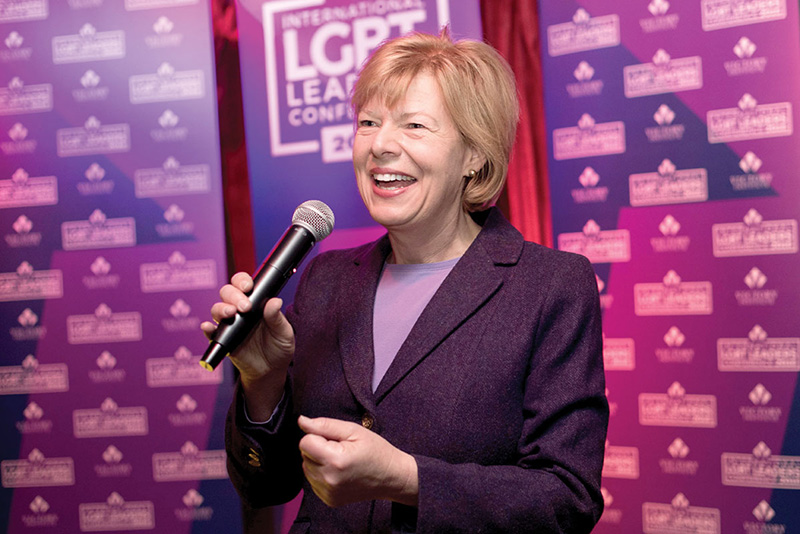












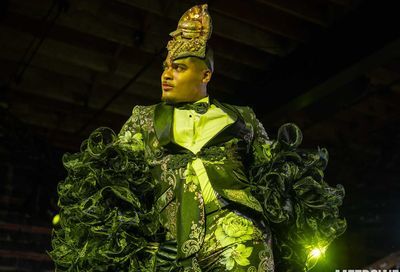
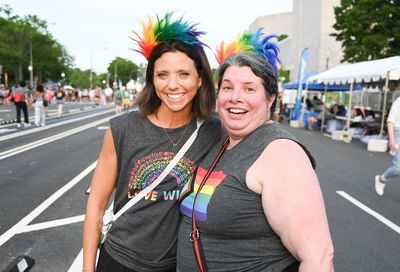
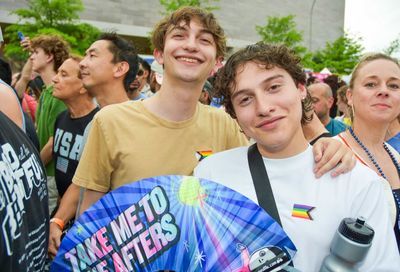
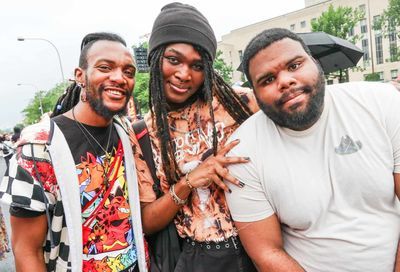


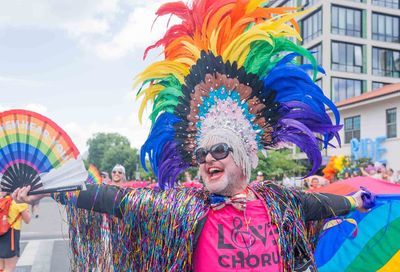
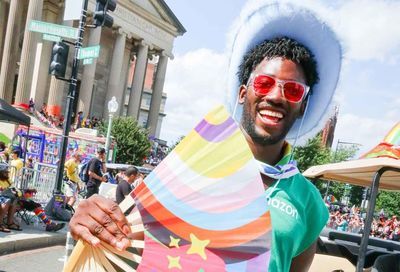
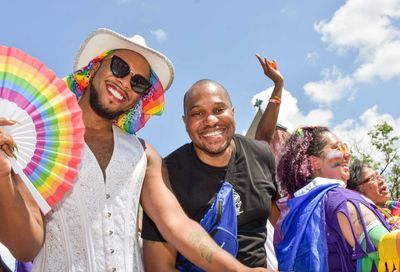
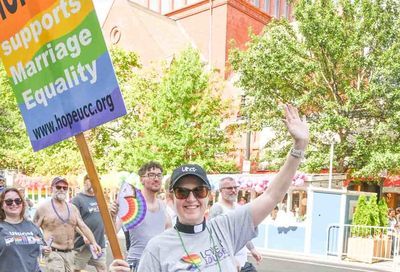
You must be logged in to post a comment.